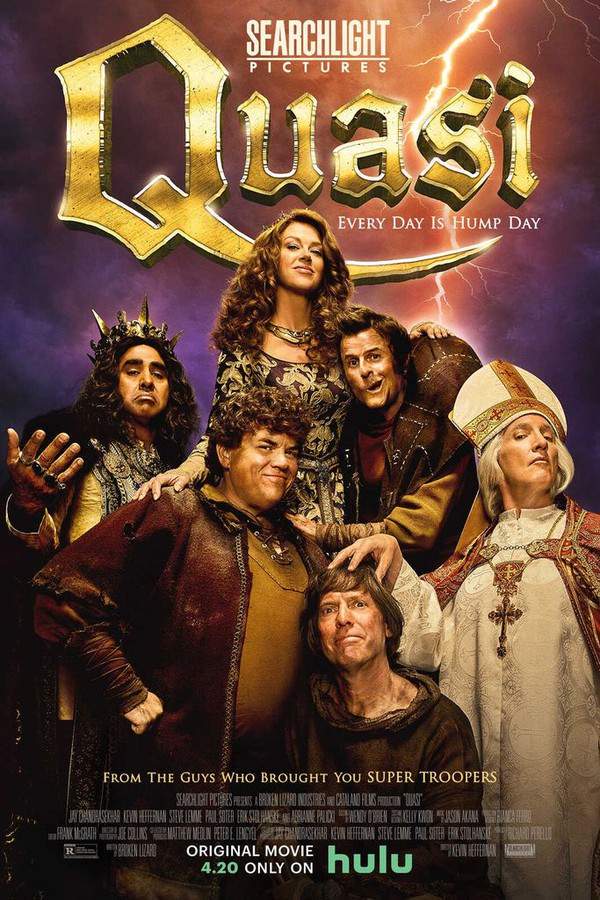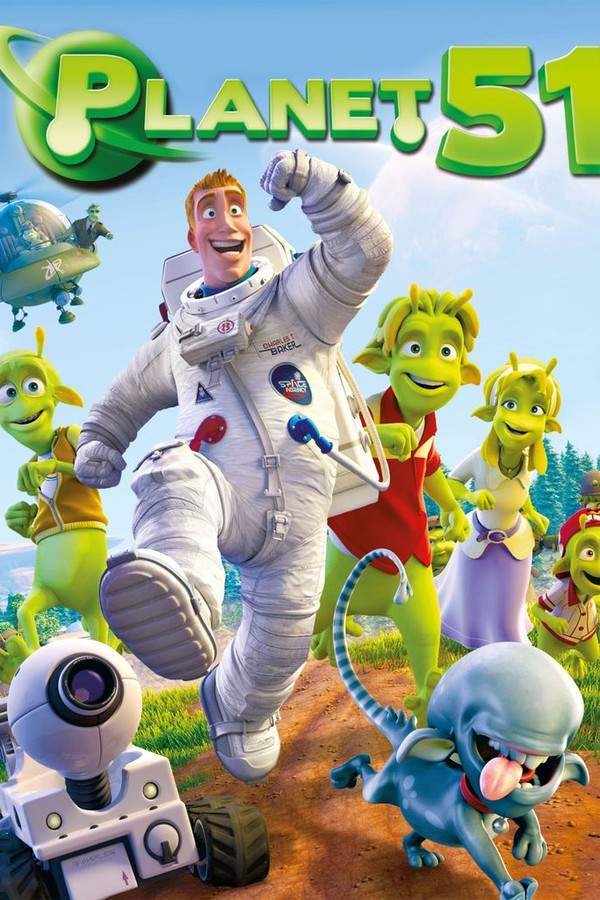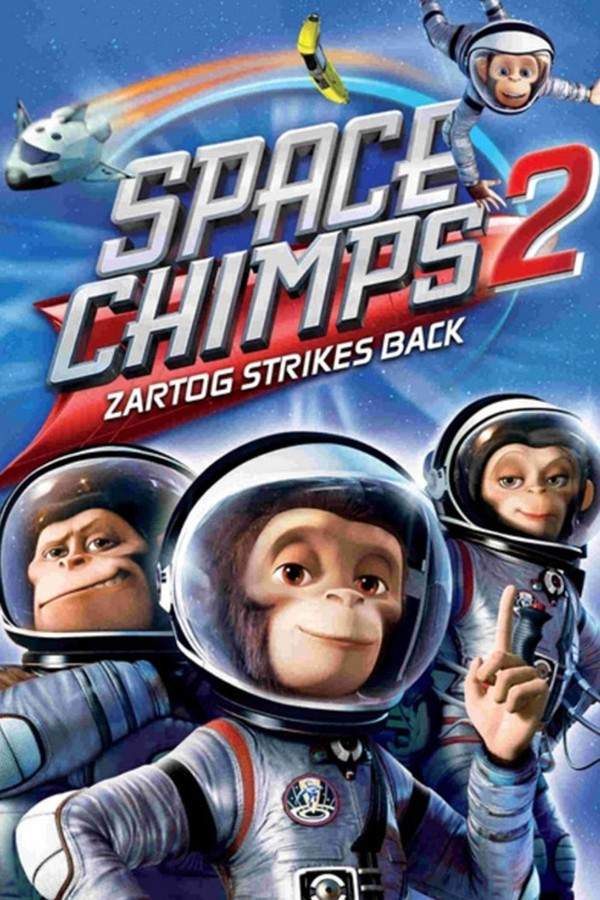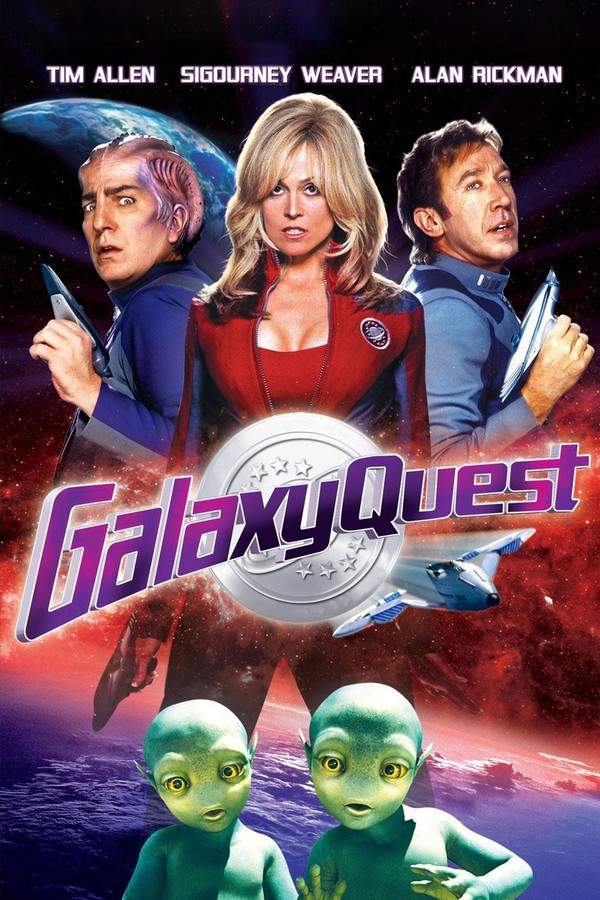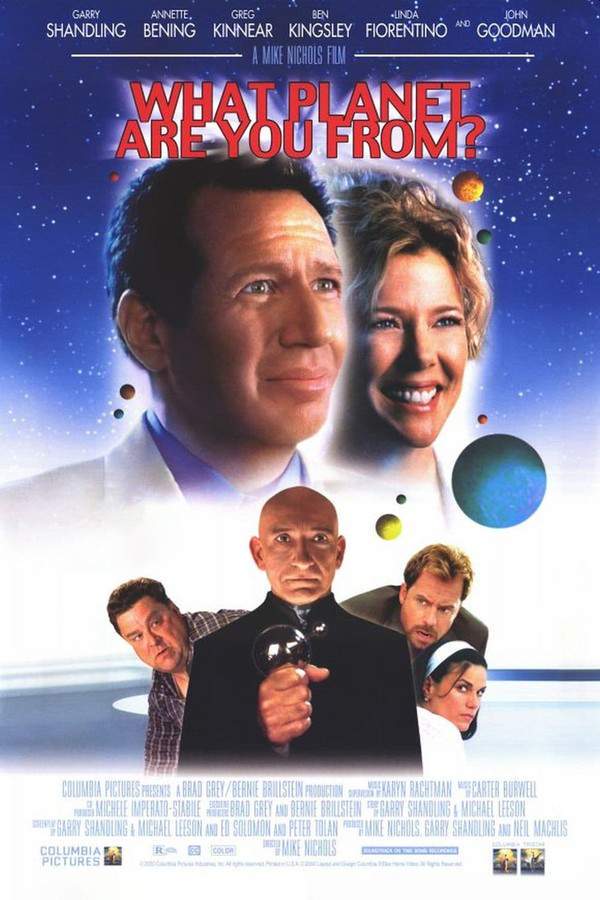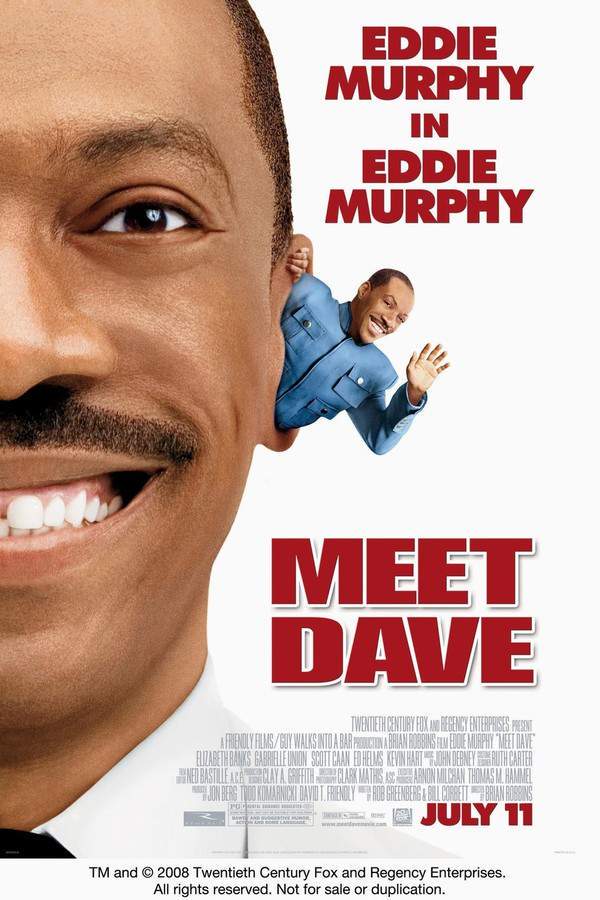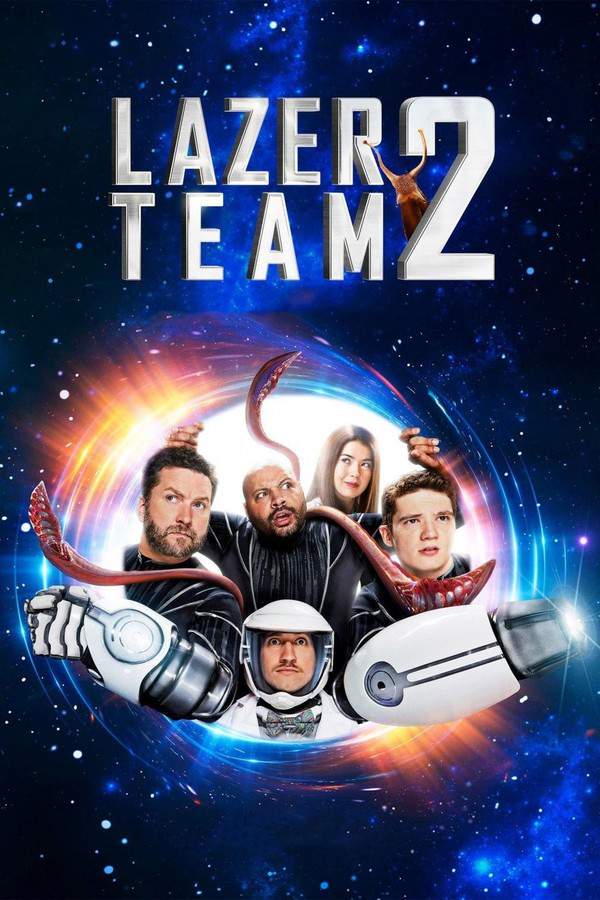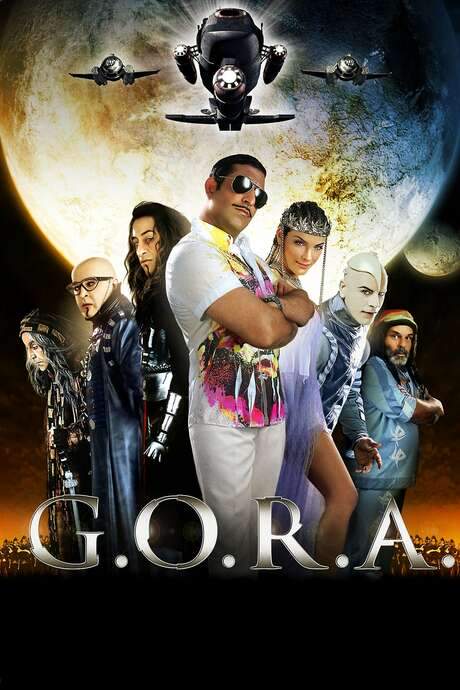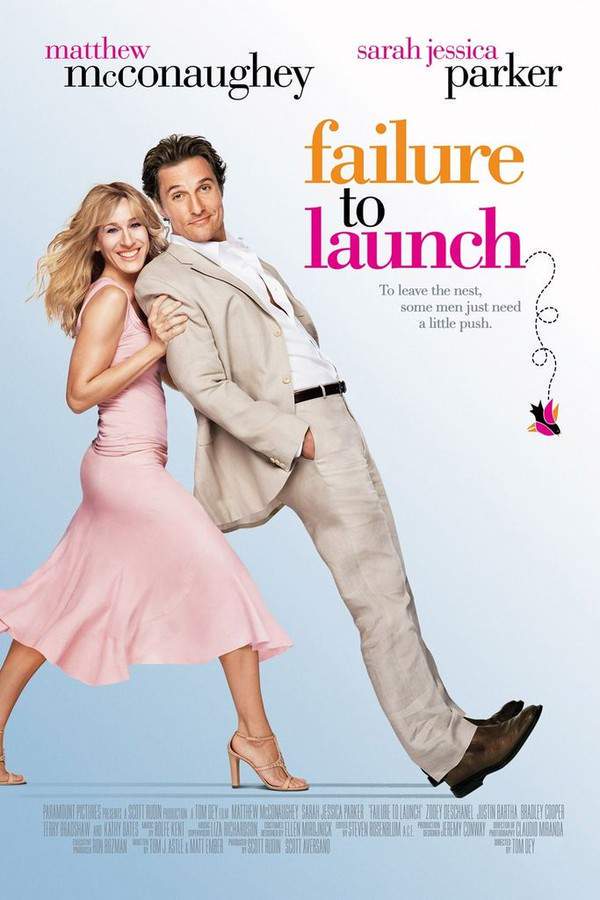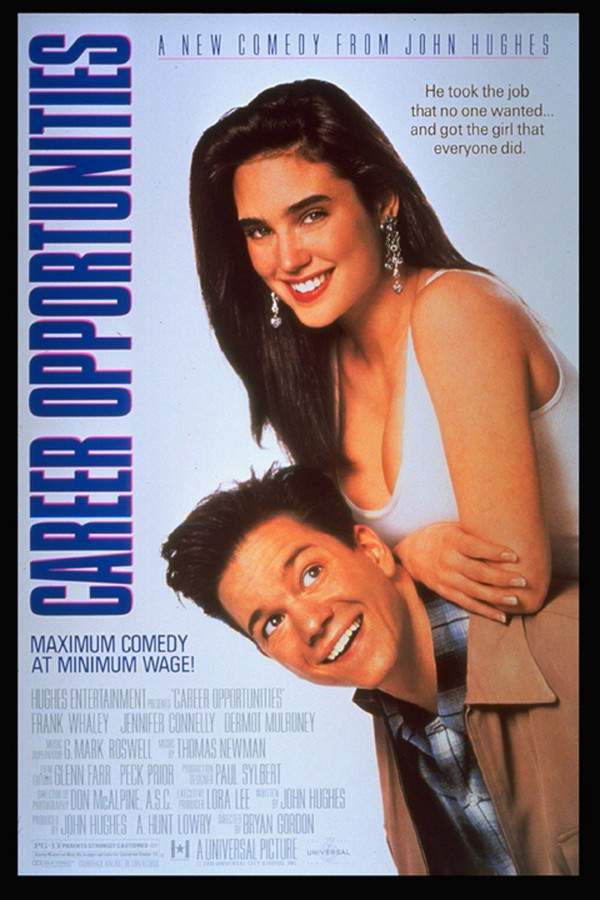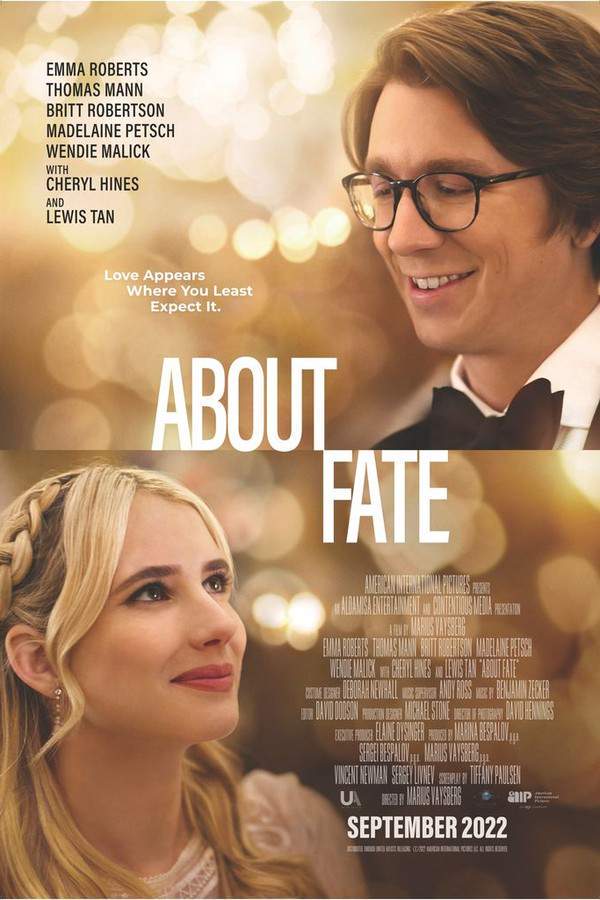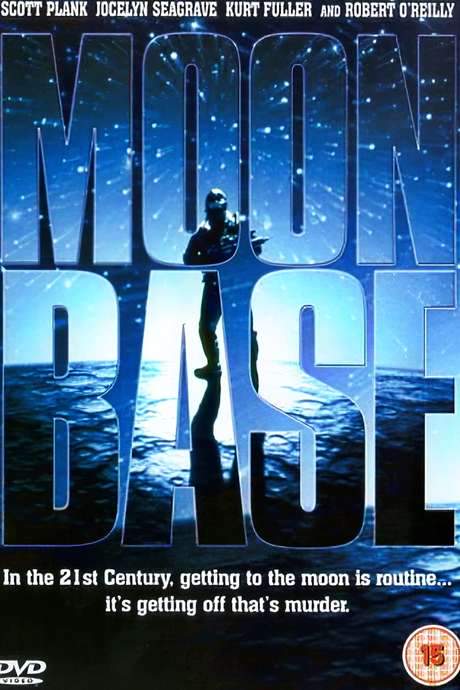
Man in the Moon
Year: 1960
Runtime: 98 mins
Language: English
Director: Basil Dearden
William, who failed as a test subject for a medical group studying the common cold, is fired and recruited by the National Atomic Research Center. They convince him he’ll continue guinea‑pig work by testing equipment, unaware the facility is preparing a moon mission and plans to use him in their astronaut program.
Warning: spoilers below!
Haven’t seen Man in the Moon yet? This summary contains major spoilers. Bookmark the page, watch the movie, and come back for the full breakdown. If you're ready, scroll on and relive the story!
Man in the Moon (1960) – Full Plot Summary & Ending Explained
Read the complete plot breakdown of Man in the Moon (1960), including all key story events, major twists, and the ending explained in detail. Discover what really happened—and what it all means.
Kenneth More as William Blood is a man who seems immune to all known diseases, displaying an extraordinary resistance to heat and cold. He attributes this remarkable stamina to his carefree, single life and his habit of avoiding commitments, a mindset that keeps him steady while he works with medical researchers chasing cures for a range of ailments, notably the common cold and seasickness. Blood’s uncanny resilience makes him a curious asset for scientists who hope to test the limits of human endurance.
Blood is recruited for a mission by Michael Hordern as Dr. Davidson to become the passenger on a high-altitude test flight, but the real objective is far more ambitious: he is groomed to be the first man to land on the Moon. The project leaders keep the truth from him because of the extreme danger and because they consider him expendable. He begins training alongside three other potential astronauts, including Charles Gray as Leo, a talent who is polished and competent but lacks Blood’s unusual immunity. The contrast between Blood and the other trainees is striking; Blood never quite fits in with the group, and the looming prize of a £100,000 reward casts a long shadow over their camaraderie and competition.
As Blood’s path toward the Moon presses on, he encounters Polly, an attractive stripper whose presence begins to loosen the walls around his immune defences. Polly becomes a powerful lure, and the relationship starts to take a toll on Blood’s invulnerability. Polly is a catalyst for Blood’s longing for a normal life, a life that he hopes could be shared with her once he returns. The allure of a future home with Polly nudges Blood to push through the rigorous training, even as the pressure to outpace his rivals intensifies.
Jealousy blooms among the rivals, especially with Leo, who grows dangerously resentful and attempts to derail Blood’s progress. The situation grows even more devious when the scientists uncover Leo’s treachery and respond with a drastic intervention: a sensory deprivation chamber that brainwashes him, convincing Leo that he is Blood’s loyal friend. The manipulation runs deep, revealing how far the team will go to secure the mission’s success and how fragile loyalty can become under pressure.
In a dramatic turn, Polly is swept away by a river and appears to be in peril. Leo intervenes to save her, but he deliberately allows Blood to claim the credit for the rescue, further complicating Blood’s already fragile sense of self and achievement. The tension between truth and reputation threads through every step of the training and the mission, shaping Blood’s decisions and the way he is perceived by those around him.
The mission culminates with the launch from the Woomera rocket base, and Blood’s name is celebrated as if the ascent were flawless. Three days after launch, he steps out of his capsule, thinking he has reached the Moon’s surface. His exploration is interrupted when he initially believes he has encountered an extraterrestrial being, only to discover a mundane object—a used baked beans can. The harsh reality dawns: his capsule had ejected prematurely, and Blood has landed in the Australian outback near Woomera. The supposed “alien” turns out to be a uranium prospector, a stark reminder of the gap between intention and outcome.
Returning to England, Blood and Polly participate in a social test about family planning. The scene closes with a small, practical indication of their hopes: three cots by their bed confirm that the test has been successful, signaling a future that contrasts with the grandiose dream of lunar conquest. The tale leaves Blood with a sense of reconciliation between his extraordinary biology and the ordinary realities of life, illustrating how triumph can arrive in unexpected ways.
back to the drawing board
Last Updated: October 07, 2025 at 08:37
Explore Movie Threads
Discover curated groups of movies connected by mood, themes, and story style. Browse collections built around emotion, atmosphere, and narrative focus to easily find films that match what you feel like watching right now.
Satirical Sci-Fi Comedies like Man in the Moon
Lighthearted science fiction comedies that playfully critique grand ambitions.If you enjoyed the witty, lighthearted take on the space race in Man in the Moon, you'll like these movies. This list features similar comedic sci-fi stories where human dreams and bureaucratic absurdity collide, often with a hopeful and romantic heart.
Narrative Summary
These stories typically follow an ordinary, often unwitting, protagonist who gets swept up in an extraordinary scientific or bureaucratic machine. The central conflict involves navigating the absurdity of the situation, with the plot serving more as a vehicle for character-driven humor and thematic observation than high-stakes action.
Why These Movies?
They are grouped by their unique blend of a sci-fi or futuristic setting with a comedic, satirical tone and a light emotional weight. The focus is on charm and wit, creating a specific feel-good experience within a genre often associated with tension or drama.
Movies about Accidental Success like Man in the Moon
Stories where failure in one path leads to unexpected, personal fulfillment.Fans of Man in the Moon will enjoy these films about characters who find happiness by accident. These stories follow underdogs or everymen whose official goals fail, but who discover a more meaningful and joyful life through the journey itself.
Narrative Summary
The narrative pattern involves a protagonist being recruited or coerced into a large-scale, impersonal endeavor (a mission, a competition, a corporate goal). They are ill-suited for this task, and their attempts often lead to comedic failure. However, this 'failure' allows them to connect with someone or something authentic, leading to a resolution that values personal connection over public achievement.
Why These Movies?
They share a core theme of redefining success, prioritizing personal joy and human connection over external validation or grand ambitions. This creates a specific, heartwarming emotional arc that is consistent across different genres and settings.
Unlock the Full Story of Man in the Moon
Don't stop at just watching — explore Man in the Moon in full detail. From the complete plot summary and scene-by-scene timeline to character breakdowns, thematic analysis, and a deep dive into the ending — every page helps you truly understand what Man in the Moon is all about. Plus, discover what's next after the movie.
Man in the Moon Timeline
Track the full timeline of Man in the Moon with every major event arranged chronologically. Perfect for decoding non-linear storytelling, flashbacks, or parallel narratives with a clear scene-by-scene breakdown.

Characters, Settings & Themes in Man in the Moon
Discover the characters, locations, and core themes that shape Man in the Moon. Get insights into symbolic elements, setting significance, and deeper narrative meaning — ideal for thematic analysis and movie breakdowns.

Man in the Moon Spoiler-Free Summary
Get a quick, spoiler-free overview of Man in the Moon that covers the main plot points and key details without revealing any major twists or spoilers. Perfect for those who want to know what to expect before diving in.

More About Man in the Moon
Visit What's After the Movie to explore more about Man in the Moon: box office results, cast and crew info, production details, post-credit scenes, and external links — all in one place for movie fans and researchers.

Similar Movies to Man in the Moon
Discover movies like Man in the Moon that share similar genres, themes, and storytelling elements. Whether you’re drawn to the atmosphere, character arcs, or plot structure, these curated recommendations will help you explore more films you’ll love.
Explore More About Movie Man in the Moon
Man in the Moon (1960) Scene-by-Scene Movie Timeline
Man in the Moon (1960) Movie Characters, Themes & Settings
Man in the Moon (1960) Spoiler-Free Summary & Key Flow
Movies Like Man in the Moon – Similar Titles You’ll Enjoy
Moon (2009) Story Summary & Characters
The Science of Fictions (2019) Movie Recap & Themes
Project Moon Base (1953) Full Movie Breakdown
Give Us the Moon (1944) Story Summary & Characters
Moon Pilot (1962) Complete Plot Breakdown
Destination Moon (1950) Full Summary & Key Details
Destination Moonbase-Alpha (1978) Story Summary & Characters
First Men in the Moon (1964) Story Summary & Characters
12 to the Moon (1960) Full Summary & Key Details
Moonbase (1997) Complete Plot Breakdown
The Mouse on the Moon (1963) Plot Summary & Ending Explained
Moon Zero Two (1969) Spoiler-Packed Plot Recap
Man in Outer Space (1962) Story Summary & Characters
Mutiny in Outer Space (1965) Spoiler-Packed Plot Recap
Man and the Moon (1955) Detailed Story Recap


